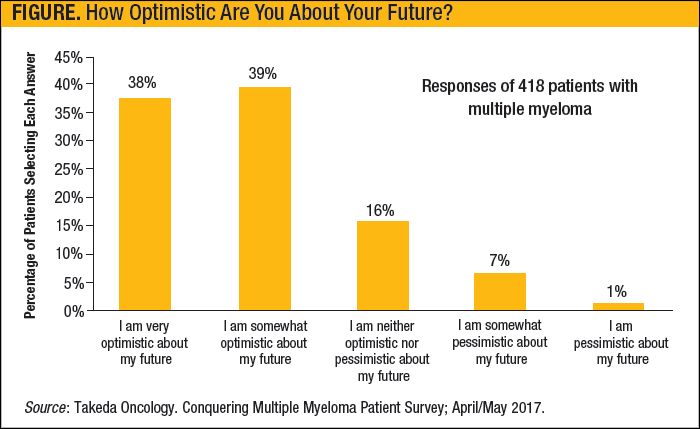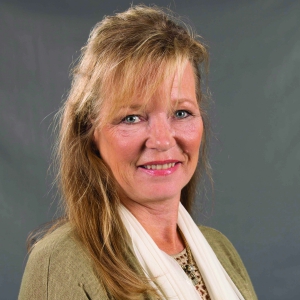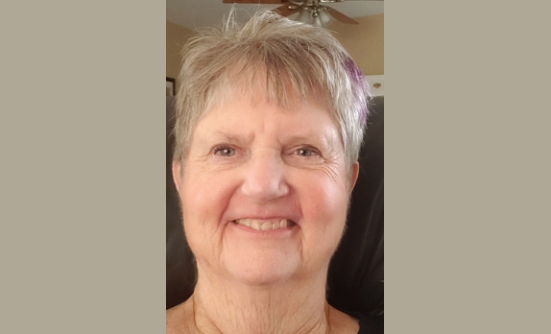This special feature and the Multiple Myeloma Patient Advocacy Roundtable were sponsored and moderated by Takeda Oncology.
Takeda Oncology is the oncology business unit brand of Takeda Pharmaceutical Company Limited. All trademarks are the property of their respective owners. ©2018 Millennium Pharmaceuticals, Inc., a wholly owned subsidiary of Takeda Pharmaceutical Company Limited.
No one is ready for the initial shock that comes with a diagnosis of cancer. The feelings that accompany a cancer diagnosis may be difficult to imagine beforehand, challenging to process as you hear and attempt to accept the news, and impossible to appreciate fully if you are not the individual who has just been diagnosed.
A diagnosis of multiple myeloma can be particularly tough to accept, in part because most people have never heard of this disease. Many questions may arise, such as: What is multiple myeloma? How did I get it? Can it be treated? What treatment options are available? How long do I have to live?
Multiple myeloma, which is sometimes shortened to “myeloma,” is a relatively rare type of cancer, in which abnormal plasma cells (myeloma cells) in the bone marrow alter the development and functioning of other blood cells, including red blood cells, white blood cells, and platelets. Unlike breast cancer or lung cancer—2 types of solid tumors that are routinely mentioned in the news—multiple myeloma is a cancer of the blood. Physicians can feel a cancerous lump in a patient’s breast or see a lung tumor on an x-ray. However, multiple myeloma and other blood cancers typically cannot be seen or felt, and they cannot be removed by surgery.
Although multiple myeloma is not curable, researchers have made great strides in developing new treatments for this type of cancer in the past decade. Before the availability of new treatments, the average life expectancy of patients with multiple myeloma was 3 to 5 years. Today, based on the availability of novel treatments, and the increasing use of combination therapies, many patients with multiple myeloma are living longer.
Learning About Multiple Myeloma: Knowledge Is Power
A wealth of information is now available at our fingertips, and patients who have been diagnosed with cancers such as multiple myeloma are tempted to jump on the Internet and find fast answers to their questions. However, they can quickly feel overwhelmed by the large amount of information available online and through social media, as well as from friends and family, healthcare providers, and advocacy groups.
The learning process can be daunting. Which sources are the most reliable, trustworthy, and up to date? How much information do you really need? Does knowledge about multiple myeloma really translate into power? The following organizations may offer up-to-date information about multiple myeloma:
- International Myeloma Foundation (www.myeloma.org)
- Multiple Myeloma Research Foundation (www.themmrf.org)
- Leukemia & Lymphoma Society (www.lls.org)
- Myeloma Crowd (www.myelomacrowd.org).
Knowledge Leads to Optimism
“Don’t let the disease control you. You control the disease. It’s overwhelming at first, but gaining knowledge and speaking with other people can help you move forward,” wrote John W. Killip, DDS, a multiple myeloma survivor, in his article in CONQUER magazine (in August 2017).
An online survey conducted by Takeda Oncology and The Lynx Group in April/May 2017 showed that among more than 400 people with multiple myeloma, most (77%) are optimistic about their future, as can be seen in the Figure. People living with multiple myeloma who proactively seek information are more likely to feel optimistic about their future than those who do not seek information. In this survey, being optimistic about the future was also associated with:
- Having a caregiver
- Spending less time in the cancer clinic
- Having direct communication with the healthcare team about quality-of-life issues and personal goals.

What’s Next After a Diagnosis of Multiple Myeloma?
People who are diagnosed with cancer, such as multiple myeloma, need to learn enough information without being overwhelmed, and should actively participate in decisions about their care, while benefiting from the expertise of their treatment team. What is the best way to achieve this balance?
In August 2017, the Takeda Multiple Myeloma Patient Advocacy Roundtable, which included individuals with multiple myeloma, caregivers, advocacy group leaders, nurse practitioners, and nurse navigators, convened to provide insight and advice related to multiple myeloma. Participants outlined the important next steps for patients with multiple myeloma through the difficult period associated with the shock of a cancer diagnosis, as outlined below.
1. Select Your Multiple Myeloma Treatment Team
Start with choosing a physician who specializes in your type of cancer. This physician will likely have a support team that may include oncology nurse and patient navigators, nurse navigators, nurses, physician assistants, pharmacists, and social workers. It is important for you to get to know these team members, because each represents a potential resource and may play an important role in your care. If you have other medical conditions, remember that your primary care physician will continue to be an important member of the extended care team.
Support groups can often help you to identify physicians in your area who specialize in the treatment of multiple myeloma. Online referral sources include the International Myeloma Foundation (www.myeloma.org/support-groups), the Multiple Myeloma Research Foundation (www.themmrf.org/living-with-multiple-myeloma), and the Myeloma Crowd (www.myelomacrowd.org/myeloma-directory).
Tips for Working with Your Treatment Team
- Do your best to be informed when you and your loved ones speak with your treatment team. Having knowledge about your disease and available treatments will help to be prepared to participate directly in the decisions that will affect your care
- Ask questions. No one begins their journey as a cancer expert. Seek the expertise of your treatment team
- Although members of your treatment team are busy, they should never be too busy to talk with you, answer your questions, and help you navigate through the healthcare process. Come prepared with five questions, and don't be shy or intimidated.
- Obtain second and even third opinions, at diagnosis and at later points in your care, because the decisions that you make directly affect so many aspects of your life.
2. Think About Your Personal Support Network
In addition to family and close friends, members of your support network can include acquaintances from work, your place of worship, or your community, as well as other patients with multiple myeloma.
Reach out to other patients with multiple myeloma through social media, local support groups, and advocacy organizations, such as the International Myeloma Foundation (www.myeloma.org), MyMentor Connections (www.Mymentorconnections.com), Multiple Myeloma Research Foundation (www.themmrf.org), and The Myeloma Beacon (www.myelomabeacon.com).
Tips for Working with Your Support Team
- Ask for and accept help. Your needs will vary throughout treatment. It is okay if you need more help at certain points during your journey.
- There may be times when you will not feel well enough to drive, run errands, or complete household tasks. Let your support network know when you need help
- Members of your support team have unique skills and talents that they want to use to help you. Divide key tasks among them, and don’t forget to say “thank you”
- Remember that your caregivers and support team need time to care for themselves, too. Allow them time and space to rest and recharge. Caregiver resources can be found at Caregiver Action Network (www.caregiveraction.org) and MyLifeLine (www.mylifeline.org).
3. Understand Your Insurance Plan and Costs
Do you have health insurance coverage? If so, contact your insurance company to ensure that you have adequate coverage for multiple myeloma treatment. Insurance benefits vary from one health plan to another. You may be able to switch to a plan that offers better coverage options for the specific tests, medications, and other healthcare treatments and services that you may need. If you get insurance through your employer, you may also contact the Human Resources department for information about your health insurance coverage.
Ask members of your treatment team to help you manage this often-complex process. Many cancer centers have financial counselors on staff who work with insurance companies and other support organizations. These counselors can help you to determine your health insurance benefits, including any copays and direct costs to you. They can also ensure that you will be able to get the medications you need.
If you have a trusted financial planner, consult with that person about how to manage the costs associated with your treatment. Additional financial resources are available at the Family Reach Foundation (http://familyreach.org) and Triage Cancer (http://triagecancer.org).
Although these tasks can feel overwhelming, they can be accomplished in small doses as you prepare for your initial treatment. Remember to ask your family, friends, and other members of your support network for help when you need it.
More to Come
This is the first of 5 articles that highlight recommendations provided by participants in the Multiple Myeloma Patient Advocacy Roundtable. Look for the next article in this series, which will provide specific insights on selecting your multiple myeloma specialist and treatment team.
View all CONQUERing Myeloma™ articles
















